The Walking Dead: Last Mile might just be a glimpse into the future of gaming
The creators of The Walking Dead: Last Mile on how 'Massive Interactive Live Events' are putting player choices front and center
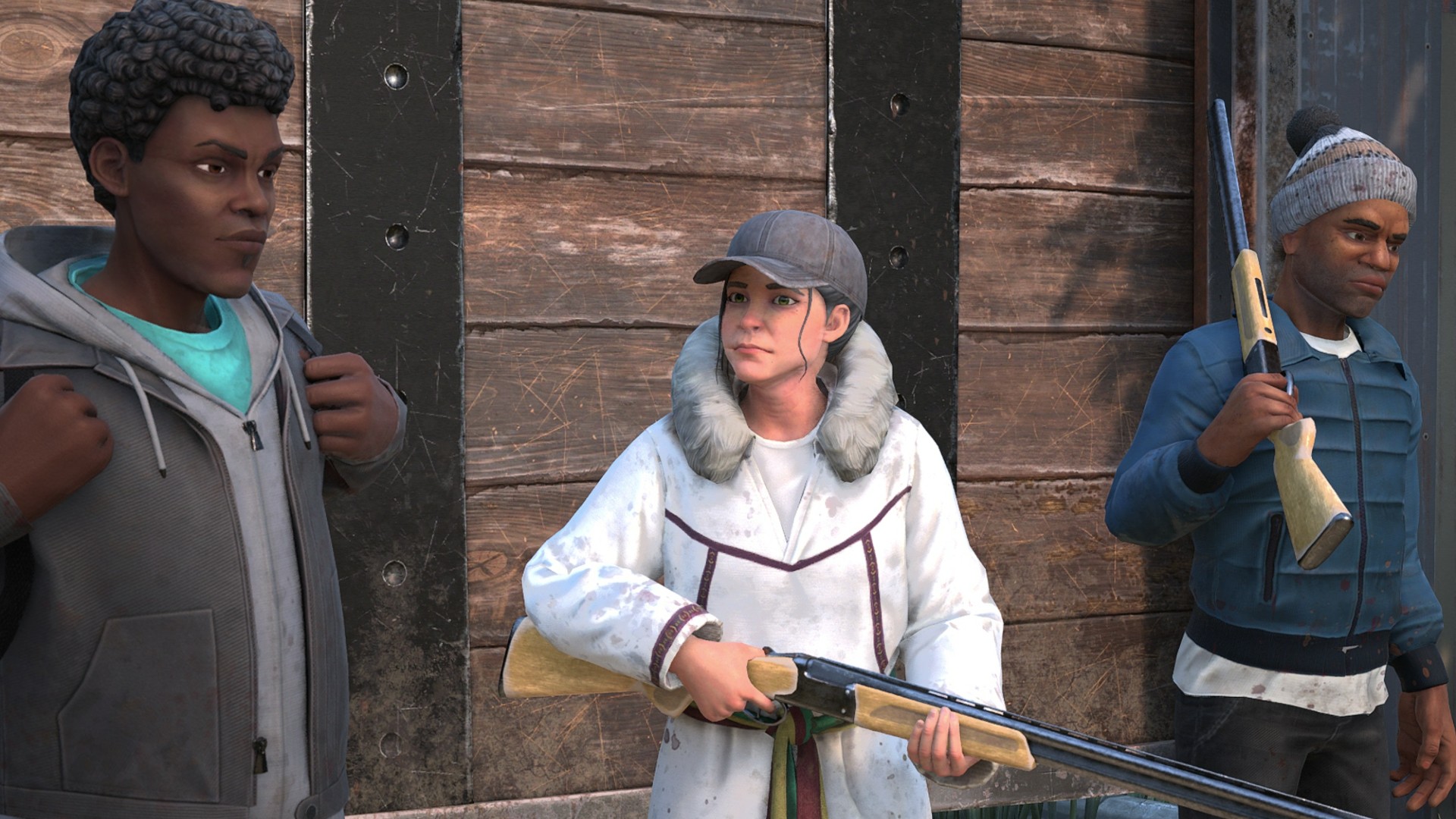
Is The Walking Dead: Last Mile the future of video games? During my 30-minute sit down at Gamescom 2022 with the game's architects, Skybound Entertainment and Genvid Technologies, I asked myself this question more than once. As a Facebook Gaming exclusive, the Alaska-set episodic interactive narrative game is part-Telltale, part-visual novel, part-Farmville, and part-live studio TV show; wherein important decisions that have major in-game consequences are put to a community vote every week over the course of four months.
Between times, players can customize an avatar, mess around with mini-games, complete 'bids' that help inform said irreversible choices, read graphic novels, watch new scenes related to the game's story, and revisit prior narrative highlights, each outcome of which, once finalized, is cemented as canon within the wider, overarching The Walking Dead universe. At the end of each week, the events of the previous seven days are recapped via a Facebook Watch live-stream, hosted by actors Yvette Nicole Brown and Felicia Day – best known for their work in Community, and The Guild and Supernatural respectively – and then the process starts all over again for the next stretch of minute-to-minute storytelling.
It may not be a household term just yet, but by combining a range of different media in this manner, The Walking Dead: Last Mile is billed as a "Massive Interactive Live Event", or simply MILE, for short. Genvid has already seen distinguished success with the MILE genre via Rival Peaks and Pac-Man Community – two games that have welcomed tens of millions of Facebook users over the last year alone. Having launched on August 22, The Walking Dead: Last Mile is likewise enticing players in their droves with its hybrid TV show-meets-video game proposition, this time, of course, underpinned by a hugely successful and contemporary franchise.
Watch and learn
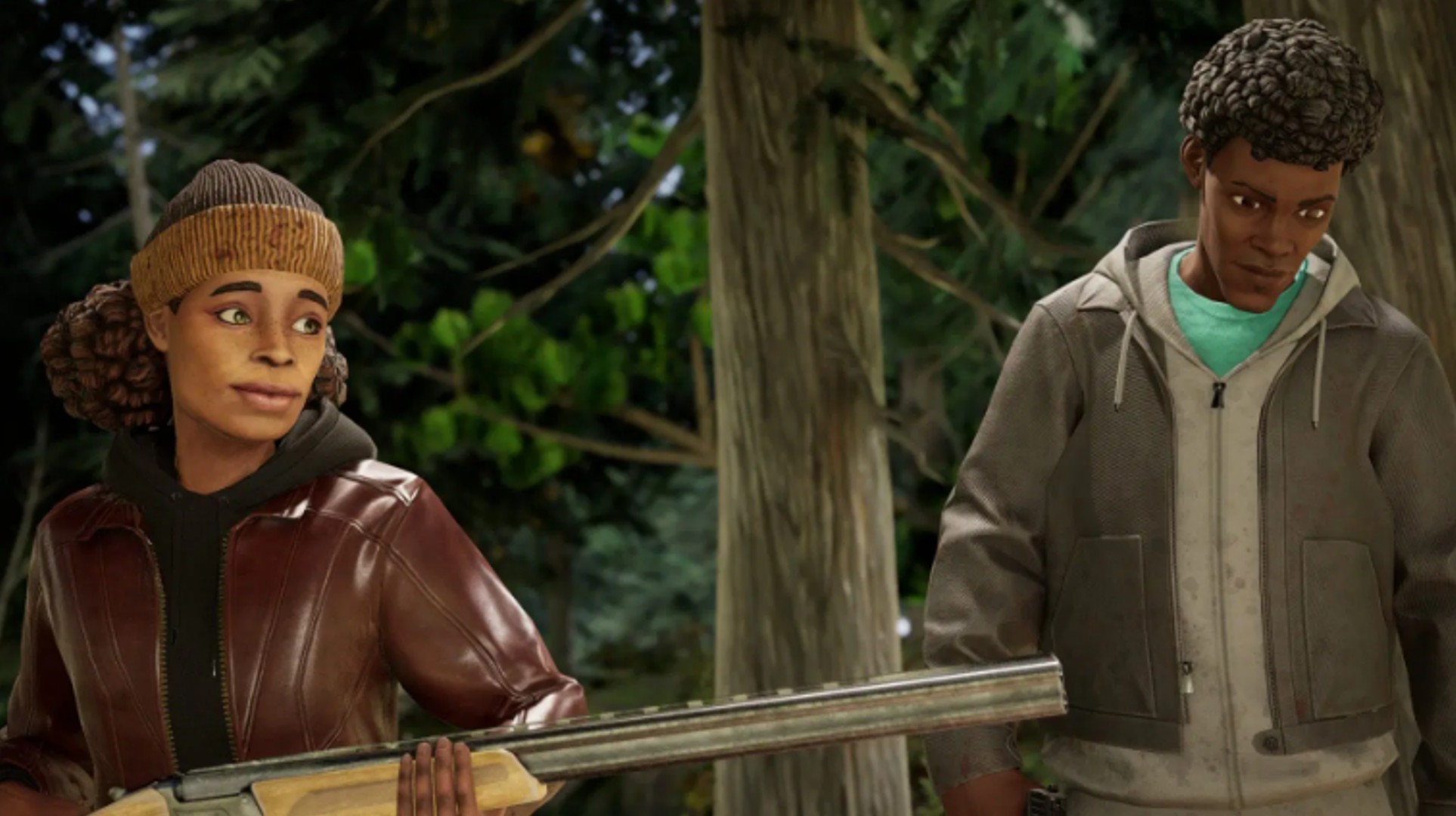
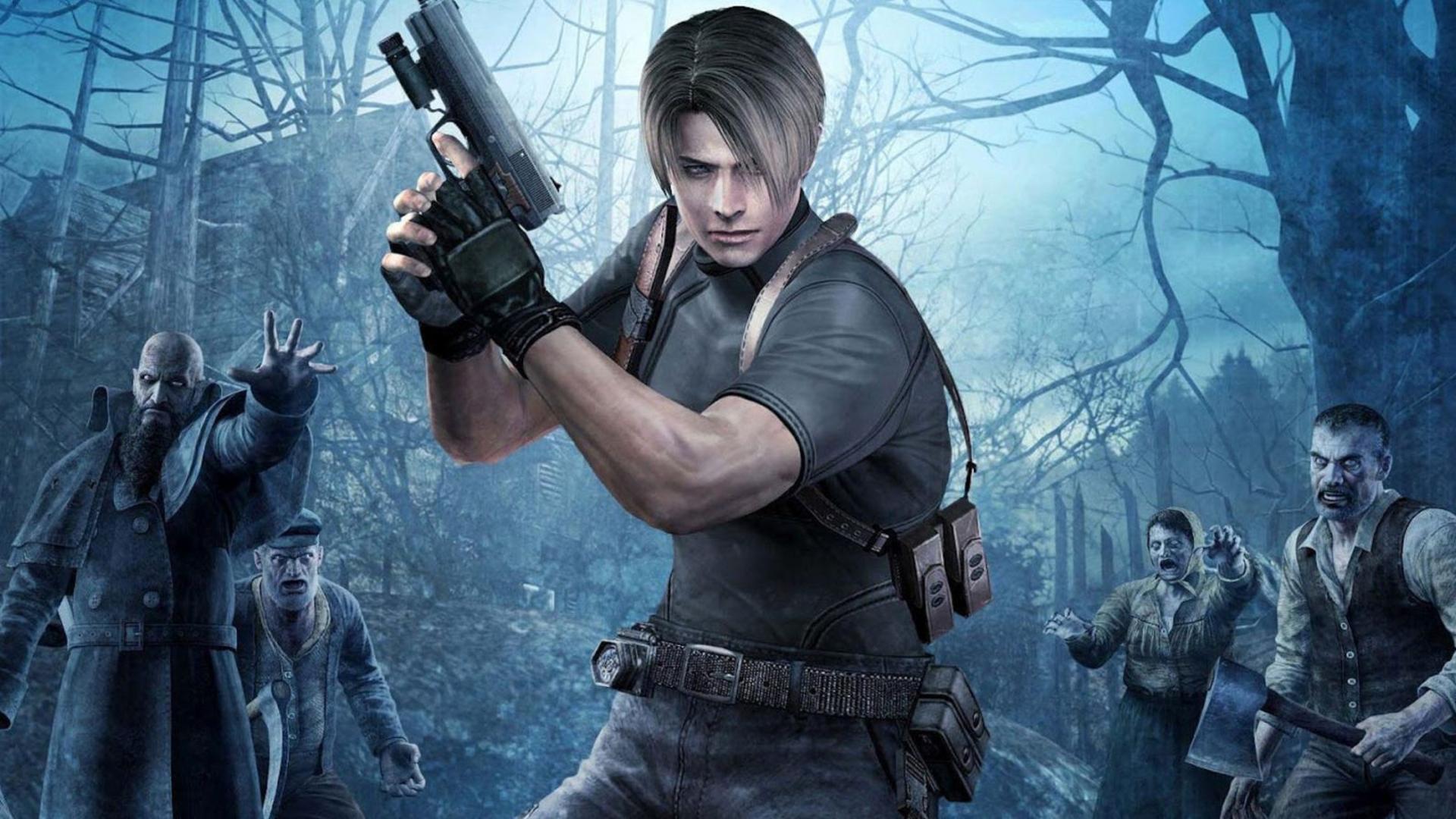
Building tension: can this golden age of horror remakes sustain itself?
"The core concept is looking at TwitchPlaysPokemon meets Telltale, right?" says Jacob Navok, CEO of Genvid Technologies. "The idea that you will be making decisions that affect this story, and you can watch if you want, or you can participate if you'd rather. But where, ultimately, you're not forced to choose either – that's what stands The Walking Dead: Last Mile apart from other more conventional video games."
Clearly, MILEs are not video games as we typically know them. One thing I've always loved about video games as a medium, something I've regularly hailed atop my soapbox, is their scope to tell persuasive stories by virtue of interactivity. Unlike more traditional media, video games are uniquely placed to share their messages – you can read a book or watch a film as a means of consuming information, for example, but video games almost exclusively demand that you put yourself into the experience. In other words: if you were to fire up your console, select a game, and place your control pad on the floor before you, that game isn't moving until you make it do so.
The Walking Dead: Last Mile, as Navok outlines above, turns this idea on its head by allowing players to determine how much of themselves they put into the game – even if that means very little at all. He says: "If I'm playing Telltale's The Walking Dead, the characters will not move forward, they won't move left or right, they won't make a decision until I choose to do so; they're really just vessels for my individual, personal story. The challenge here is that I can go and replay that game, and as an adventure game fan for my whole life, I always found this to be a kind of cognitive dissonance."
"In this model, The Walking Dead: Last Mile is live, it doesn't have a reset button, you can't go back and make an alternate choice. And so you have to work with the rest of the community to decide what the outcome will be. Once you lock it in, that's it. It's like life, there is no going back, this character is going to die, or this character is going to survive. We've created actual stakes in a video game product. This is a scary undertaking, especially for many people who want to be able to go back and see the alternate takes or perhaps have one of the game's characters survive. That's not going to happen here. In some ways, this IP, The Walking Dead, is the perfect IP to explore this concept."
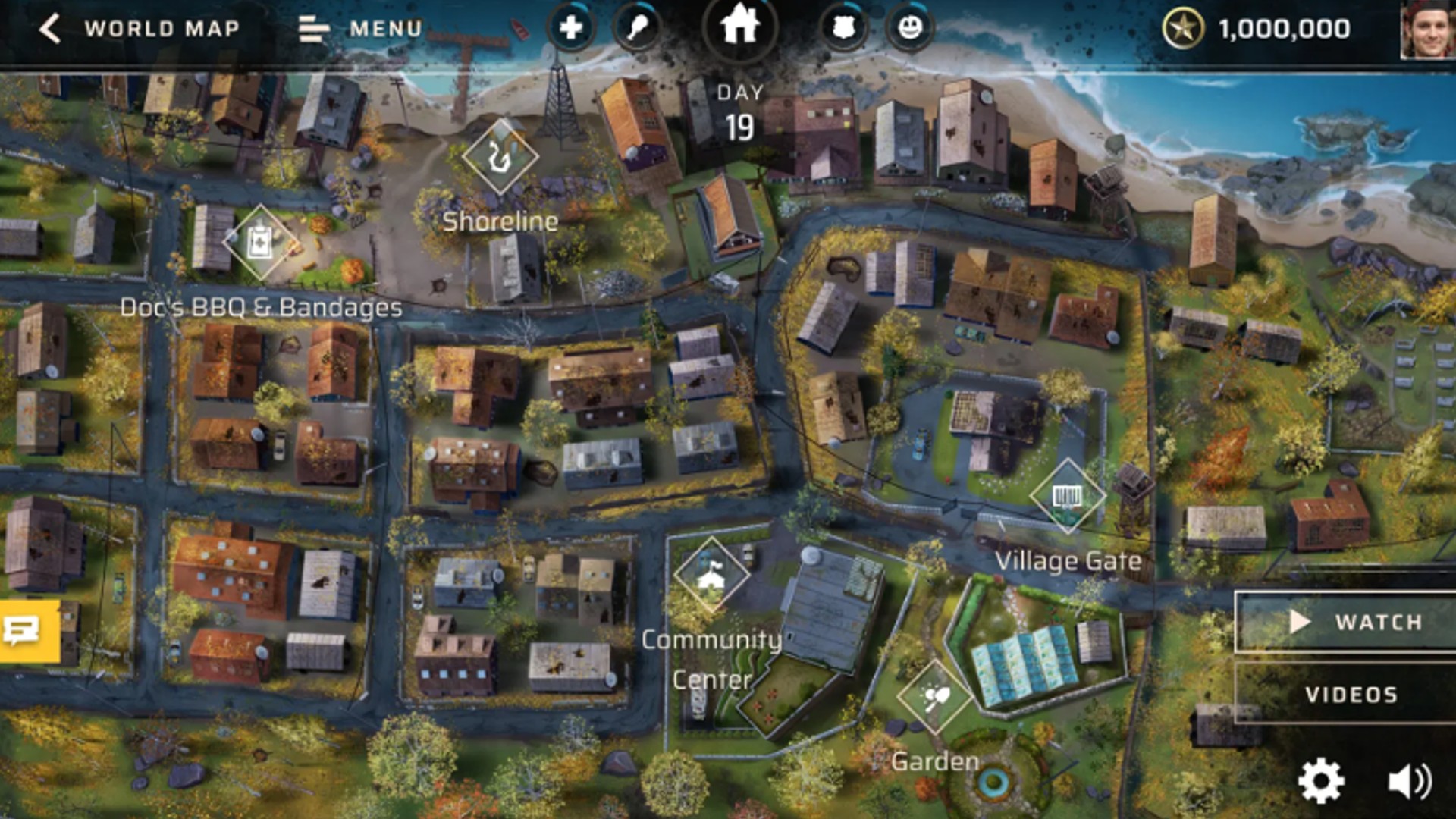
In-game, the ideas above present themselves in classic The Walking Dead fashion – Last Mile features two camps of civilians, each defending its own stronghold, each of which wields particular strengths and weaknesses. Peace between the two factions hangs in the balance, while the threat of war (physical and civil) and devastating zombie invasions are never far from the table. This is the post-apocalypse, after all. As the story wades deeper into its four month-long run, central characters will continue to die, relationships will continue to grow and disintegrate, and tensions will continue to flare up and recede – a constant and desperate ebb and flow that's become synonymous with The Walking Dead in its myriad guises.
Weekly digests, tales from the communities you love, and more
For those players who can only spare 15 minutes on the couch every week, Last Mile's professionally-voiced animations and storylines are enough to grab you, reckons Navok, but there's plenty to keep those players "willing to jump down the rabbit hole" busy too. Interestingly, Navok says he and everyone involved in the project runs on the assumption that the majority of Last Mile's players tune in to watch and not play. He says the game's end-of-week Face Watch broadcast host, Yvette Nicole Brown, is a self-confessed non-gamer, but loves seeing the community's decisions filter through after each story-altering vote, before pondering how they'll invariably impact future narrative threads.
"That's what I liked about TwitchPlaysPokemon. I liked watching people chat, putting memes together, and seeing the community move forward," Navok adds. "I didn't necessarily want to engage because I'm busy and I'm tired. I've got a five-year-old, and, like, life moves forward. But if I did choose to engage, if I wanted to take more time to be part of it, if I wanted to join the community, I had that option. And that's the way I would ask gamers to look at Last Mile. You decide how far or deep you want to go."
MILEs ahead
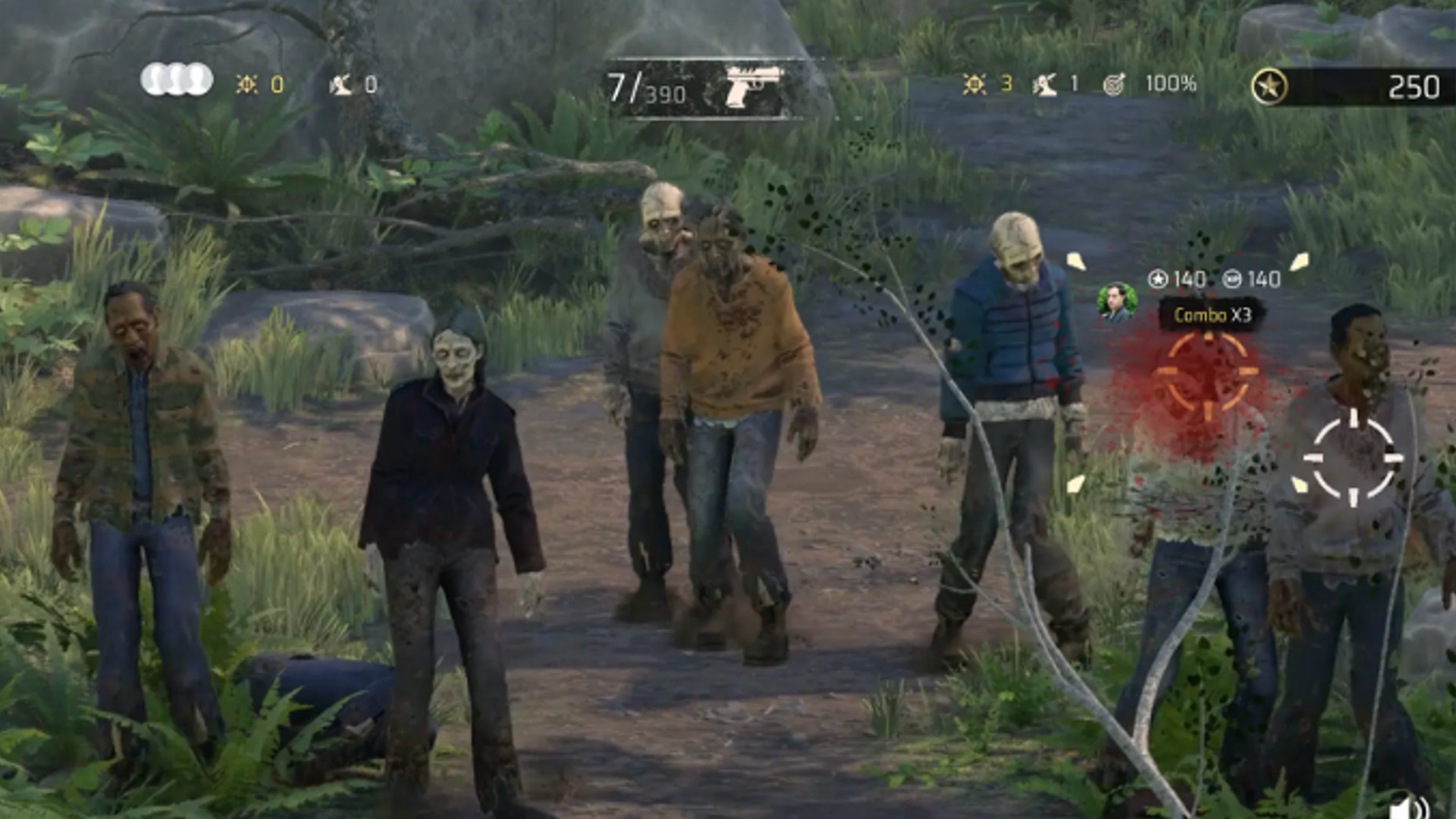
"Similar questions were asked of the battle royale genre half a decade ago, and while many have tried and failed to leave their mark on that battlefield, its most successful ventures are still holding court with confidence today."
When so much of your game is choice-driven unfolding in real-time, sacrificing a degree of creative control becomes inevitable. Making peace with the fact that significant portions of content may never see the light of day – should players choose to kill off a specific character prematurely, for example – is part of the deal, says Navok, however live production and live ops teams act as pace-setters behind the scenes to help minimize unnecessary work ahead of time. With The Walking Dead having planted its blood-spattered flag in just about every form of media at this point, Last Mile feels like a natural extension of its scope and ambition; and while it's easy to label Facebook games as casual, there is something that feels genuinely groundbreaking and pioneering here.
Are games like The Walking Dead: Last Mile the future of video games, then? I'm fascinated to see what the burgeoning MILE genre looks like in five years – if its games are still commanding the increasingly impressive player counts they are today, not least Last Mile, or if the multi-faceted model proves too much to sustain. Similar questions were asked of the battle royale genre half a decade ago, and while many have tried and failed to leave their mark on that battlefield, its most successful ventures are still holding court with confidence today.
On a personal level, Navok is pretty clear on his drive to push the boundaries of MILEs in 2022 and beyond. "This has been a vision that I've long been obsessed with. And I think we're only now getting to the place where we figure out how we're going to start to tell these stories," he says. "Now, we have the technology to get it done. The latency of video has gone down, for example. Twitch used to be 20 seconds or so, now it's down to three seconds. Facebook has gotten to 1080p streaming worldwide. TikTok and Instagram Reels are getting massive amounts of content to the world. It was much harder to build these things years ago, things like Last Mile, but now it's a lot easier to tap into these mass audiences. And so I think we're finally able to tell these stories that we couldn't before."
Love your scares? You'll love our best horror games list.

Joe Donnelly is a sports editor from Glasgow and former features editor at GamesRadar+. A mental health advocate, Joe has written about video games and mental health for The Guardian, New Statesman, VICE, PC Gamer and many more, and believes the interactive nature of video games makes them uniquely placed to educate and inform. His book Checkpoint considers the complex intersections of video games and mental health, and was shortlisted for Scotland's National Book of the Year for non-fiction in 2021. As familiar with the streets of Los Santos as he is the west of Scotland, Joe can often be found living his best and worst lives in GTA Online and its PC role-playing scene.


